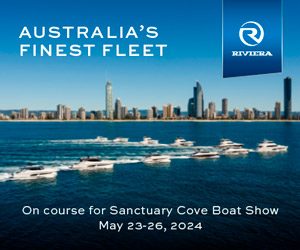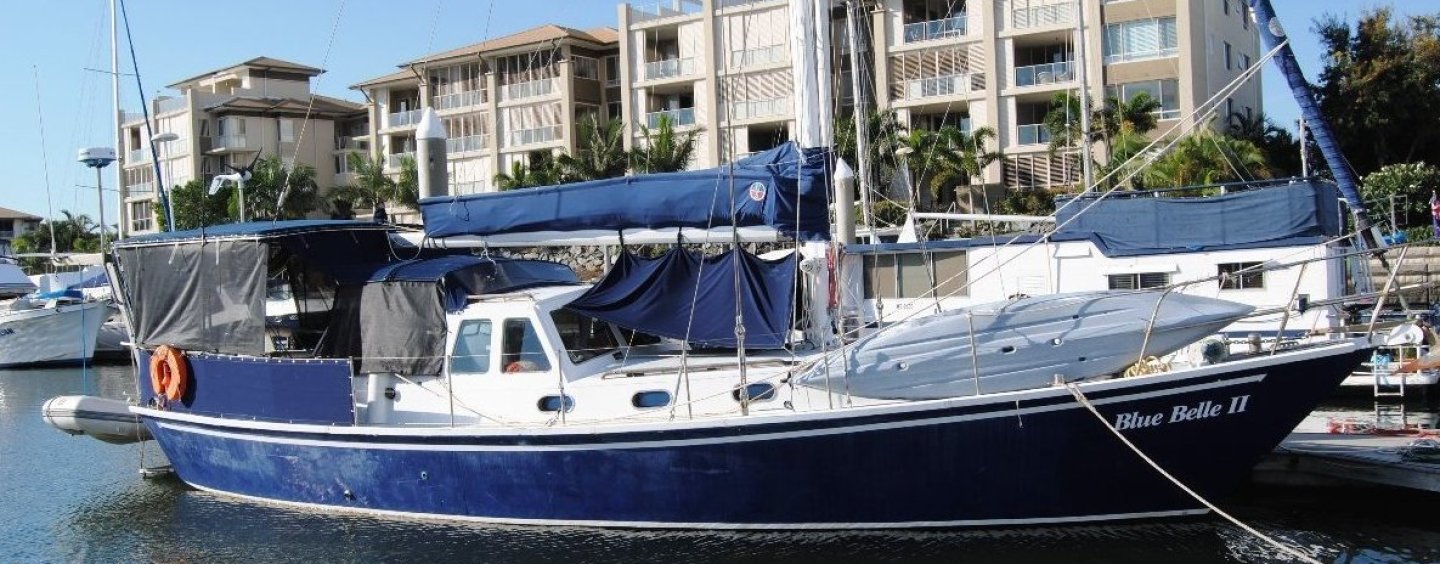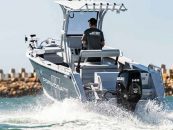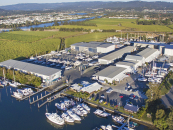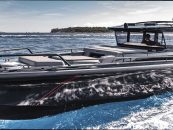In the previous Boat Gold Coast edition, we have discussed the aspects involved in selling a boat through a boat broker. In this current article, we can guide you in the process of buying a boat through a broker.
A boat broker is a specialist who serves boat sellers and/or buyers as a representative for the sale or purchase of a boat. You have to find one whom you feel will help you obtain the best possible deal – the best your money can buy.
While selling a boat involves making a boat look good for a buyer, buying a boat involves looking beyond the superficial and trying to unearth as much of the history about the boat – the good and the bad. A boat broker that you can trust will be your best help in organising reports and providing you with a comprehensive historical overview of the boat you are interested in purchasing.
By the nature of their business, boat brokers are obligated to know everything about each boat that is for sale, so you can ask them all the important questions about a particular boat you are interested to buy – from its build history, where it has been used, what repairs have been undertaken, regular maintenance schedules, etc.
WHY BUY FROM A BROKER
“The broker will know the boat,” explains Daniel Williams of Boats’R’Us. “This gives you peace of mind that someone is there to help navigate through the pitfalls. A good broker will have your best interests at heart. If he does the right thing by you, you are the best advertisement for his business.”
With a broker’s experience and reputation, it assures the buyer that the broker will be able to provide a broader perspective and more options before a final decision is made.
“The broker has a wider range of vessels to show you to help make that decision,” says Tom Bialowas of Bosun’s Locker. “He can also assure the buyer that all the legalities are correct before your money is handed over. The service continues beyond the purchase transactions.”
Tom expounds, “The after-service as a buyer can get overlooked. The broker has local knowledge. When buying a boat, you need access to surveyors and mechanics to satisfy your investigation in the purchase. After the purchase you may need assistance with insurance, shipwrights, electricians, detailers and other related trades people like upholsterers.”
PROFESSIONAL SURVEYS AND SEA TRIALS
While boat brokers have an extensive knowledge about the boats, they cannot make the buying decision for you. Professional technical advice is necessary for you to know the boat better, and help you decide intelligently about the purchase.
As the buyer, you are required to organise a professional boat survey prior to making the purchase. A survey report is an unbiased and independent report on the vessel. The broker can help you find the right person to conduct the survey. “Surveyors and mechanics are the professionals. Listen to them and be guided by their advice,” explains Daniel.
Looking at a boat berthed at a marina and studying paperwork is not a good basis to assess its condition. As a buyer, you need to be able to test the boat in every manner.
“Don’t buy the boat unless you have been for a sea trail,” insists Daniel. “You would be surprised how often a sea trial will unearth issues – from a dirty hull to a poor performing engine. Make everything work – the radio, bilge pumps, GPS, lights. And of course, drive the boat. Stop it, start it, drive it forward, run it astern, turn it lock to lock in both forward and astern. Run it at cruising revs and run it at full throttle. Look at temperatures and listen to how it sounds.”
Tom adds that the surveyor will be able to inform you about what to look for during the sea trial. “The surveyor will help to understand what systems you should be looking at prior to departing for the sea trial, such as switches, sea cocks etc. If required, an engineer should be on board also to view oil pressures, temperatures, RPM indication at full throttle, and pull the engine hatch open for final inspection.”
NEW OR USED BOATS
To buy a new boat or a used boat is absolutely a personal choice. “This is up to the individual purchaser. Purchase from a reputable dealer and look at purchasing a major brand that makes it easier for you to retail at a later date,” Tom advises.
If you do decide to buy a used boat, it is important to be more diligent with the details. Daniel puts it this way, “It’s used. Someone has scratched it. Someone has used the toilet. It isn’t new. It will require maintenance.”
It is very essential to know every bit of the history of a used boat. “My best advice is to look for a history that is complete. By that, I mean a history that shows regular servicing,” Daniel emphasises. “Most people will have a good relationship with their mechanic, so you often find a service history with only one mechanic.”
Tom adds, “Make your purchase from a reputable dealer and have a thorough hull survey, engine inspection and sea trial carried out. You will also be required by a majority of insurance companies with a used vessel to provide a full survey report.”
DECISIONS, DECISIONS
Boat brokers have seen where decisions have gone wrong. Daniel shares, “There are a number of buyers who purchase something that they don’t really want. They buy a cabin boat but never spend a night on it. They purchase a vessel with a big V8 and loud exhausts, and complain about the noise while travelling in the six-knot zones or complain about fuel usage.”
Tom lists down more common mistakes made by boat buyers. “They do not listen to their partner’s needs. It is important that everyone involved enjoys the boat regularly; otherwise, it will never get used. Not getting the vessel independently checked can also cause problems later on, especially if you are new to boating. Not doing the ‘ownership’ checks to see if the boat has any ‘legal hooks’ placed by third parties may also cause a major setback.
Choosing the right boat for you may be the most difficult thing for a boat broker. After all, it is you, the buyer, who will ultimately decide what to buy and it is you who will be using the boat. “There isn’t a formula,” states Tom. “Explaining your needs and restrictions to the broker certainly will help achieve the vessel you want to buy.”
Daniel suggests, “You should initially look at boat styles you are interested in. Be honest with the broker and say you’re just trying to get an idea of what you want and not ready to purchase. Take a list of questions that may be relevant to you. Most brokers will happily sit and talk boats all day. Salt water runs through their veins!”
By Andrew Kancachian
Cover photo courtesy of Hope Island Boat Sales Pty Ltd
/JAN2018
RELATED STORY
Brokers Talk: Everything You Need To Know About Boat Brokers (September-December 2017 print edition)


